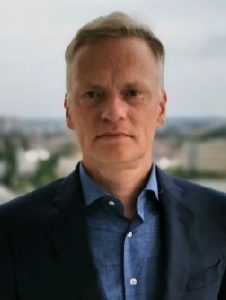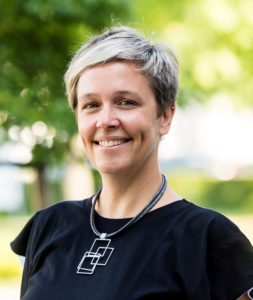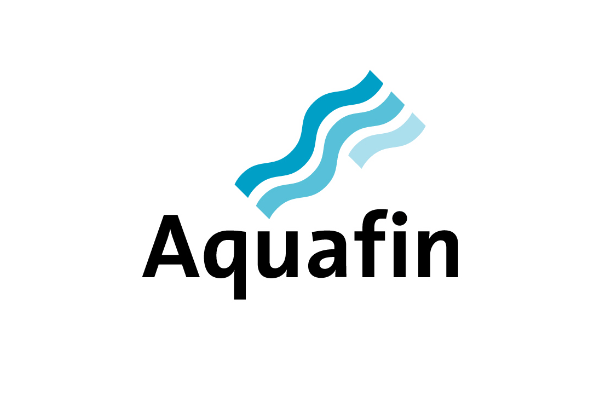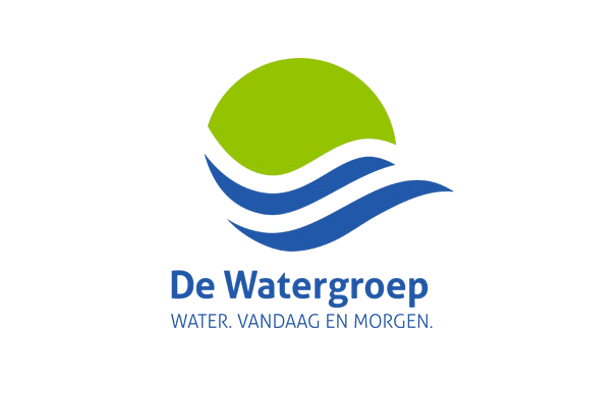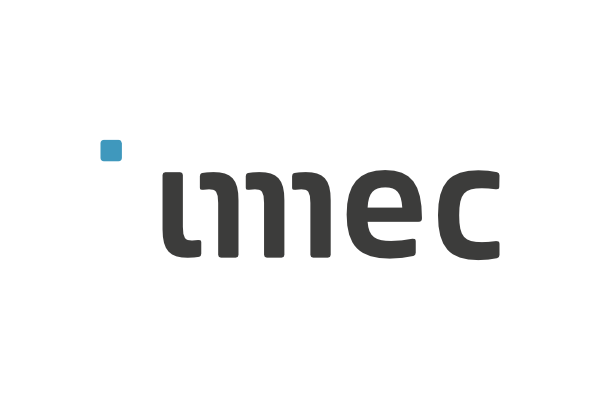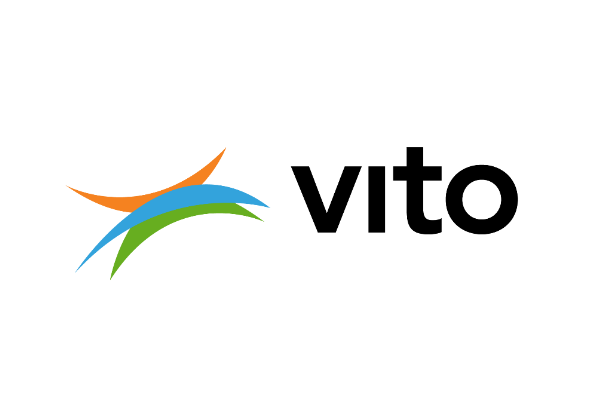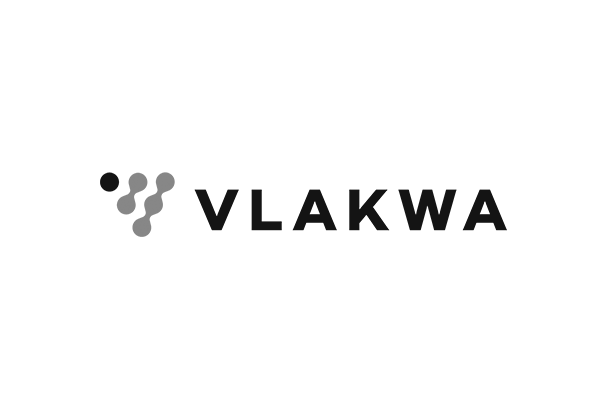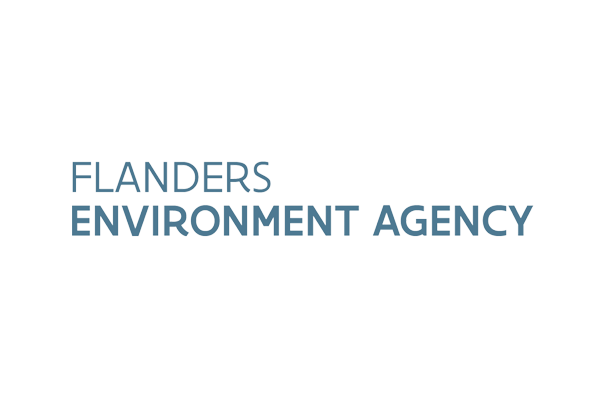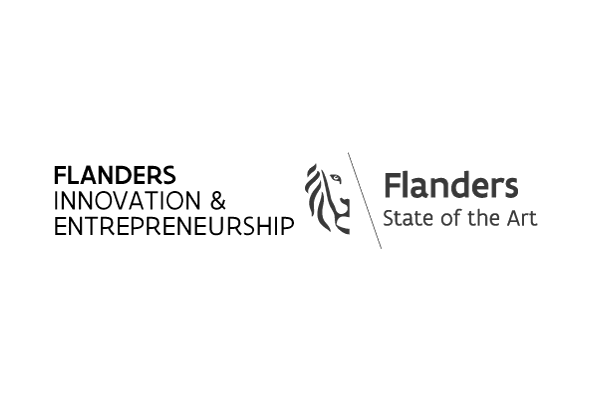In recent years, the water world has become aware that our wastewater treatment and drinking water production are too centrally organised. Greater consideration for decentralised solutions will make us more resilient in times of drought and water scarcity. The ideal solution would be a blend of centralised and decentralised systems. The Internet of Water Flanders measurement network and data could play a very useful role in this evolution.
Bert De Winter (De Watergroep): “Our water system is highly centralised today. However, more and more consideration is being given to what’s known as a hybrid water model of centralised and decentralised wastewater treatment and drinking water production.
In the meantime, the Flemish municipalities are also obliged to draw up rainwater plans, which were initially intended to prevent flooding during heavy rainfall. In the meantime, a broader approach is expected: if you need to provide buffering for rainwater, then rainwater could also be used for families or industrial users. Internet of Water Flanders’ real-time digital measurement network would seem an ideal support for monitoring the quality of that water. This in turn offers the opportunity to choose the best use for that water in a flexible manner too. This is why we’re also working on applications whereby we treat that rainwater and supply it to users at a local business park.”
Marjolein Weemaes (Aquafin): “We see great opportunities for reusing treated wastewater too. In any case, wastewater reuse is always very local. We can bring all the stakeholders in certain areas together and see who’s got treated wastewater and what potential reusers are out there.”
“The principle is simple, but in order to set it up objectively, safely and efficiently, you need a lot of up-to-date information on quantities and quality. That information is what Internet of Water Flanders will be able to provide us.”
This article is part of an interview series. Also care to know more about the other topics?
De Watergroep and Aquafin on their use cases: salinisation and pollution from overflows
Internet of Water Flanders takes collaboration between water actors to a new level
Internet of Water Flanders as an innovation accelerator for water policy in Flanders
From sensor data to useful information for water management
Internet of Water Flanders’ full-stack approach: a leading edge from the start
The data platform and its governance: an important issue

